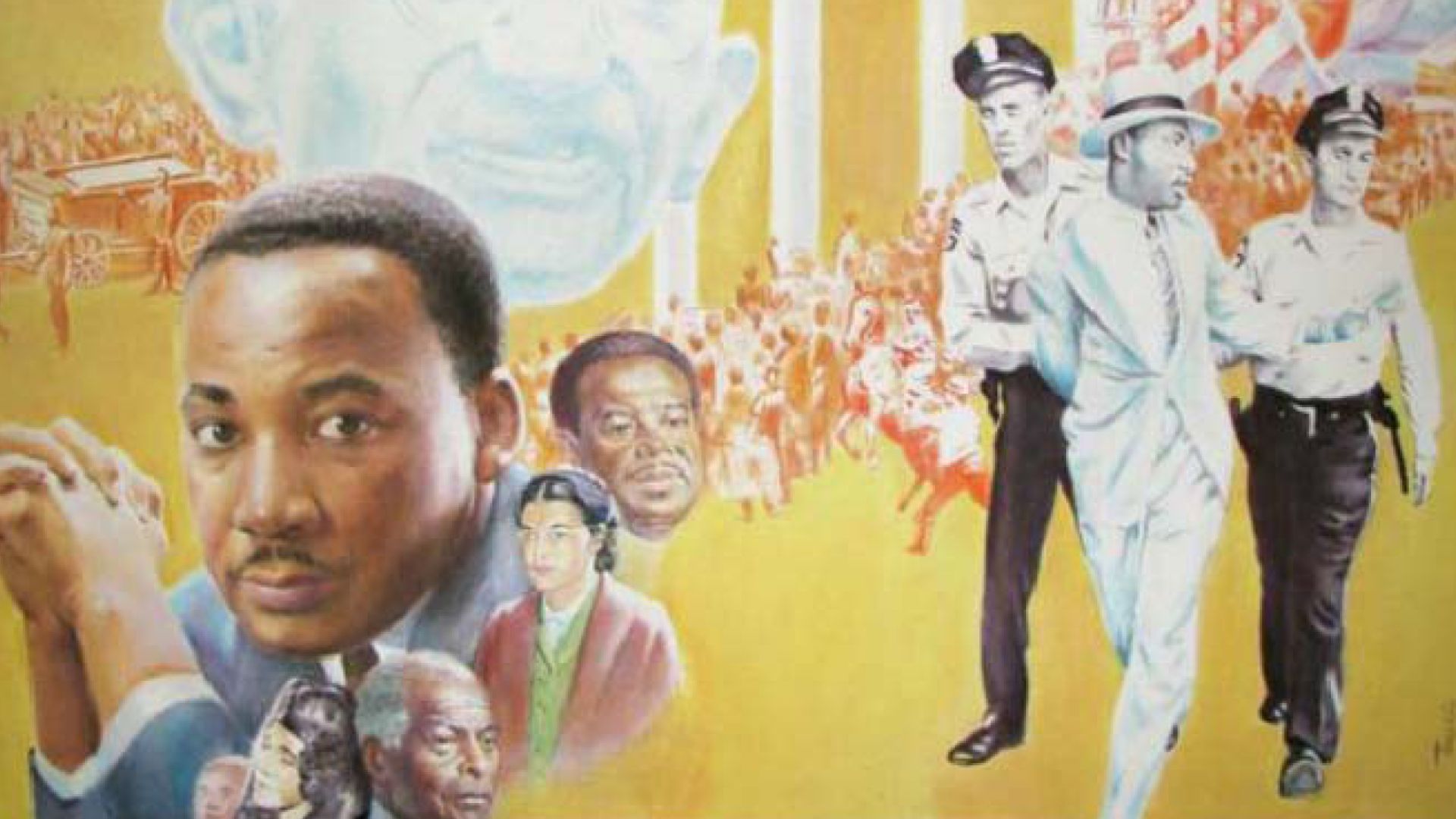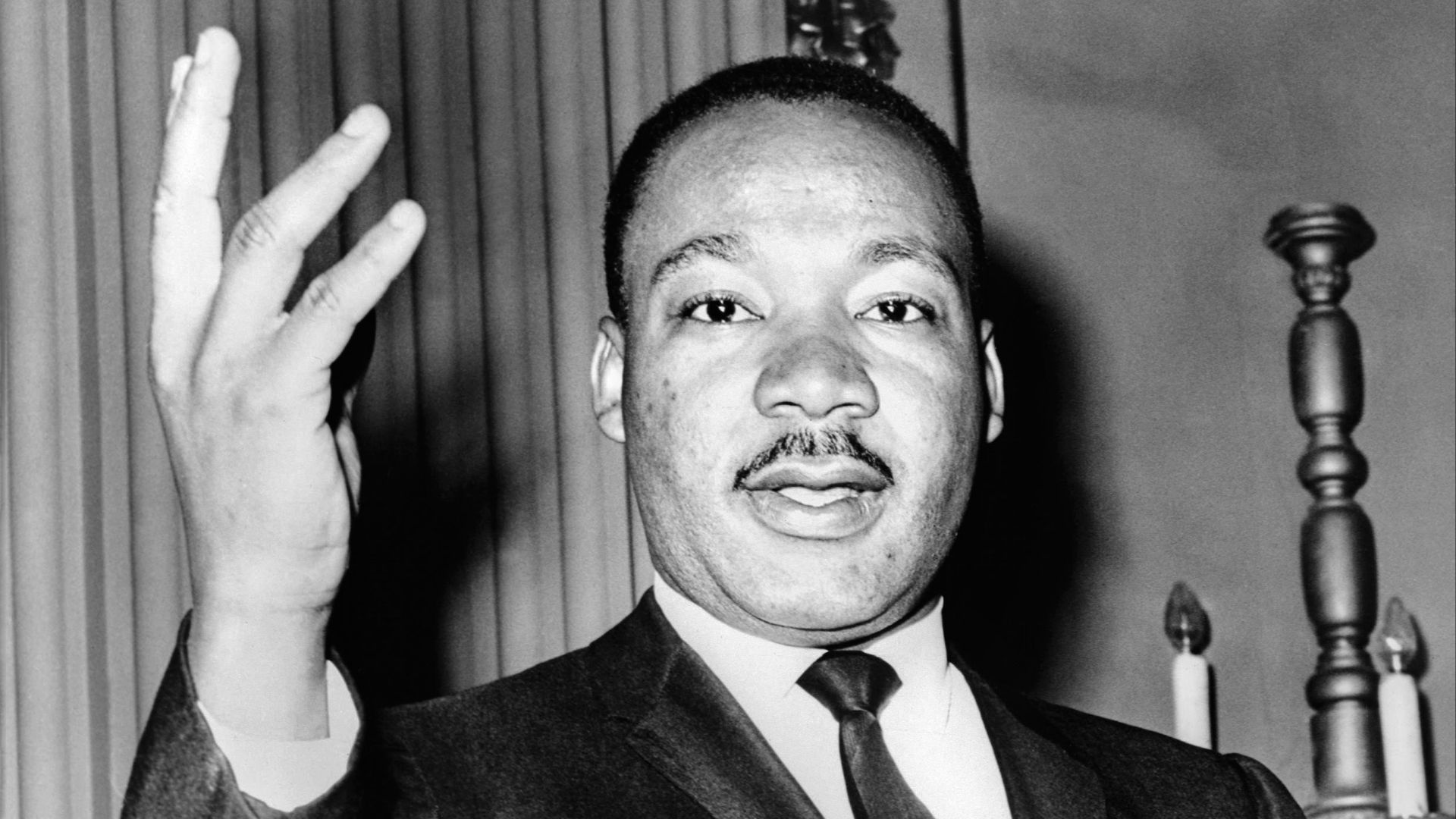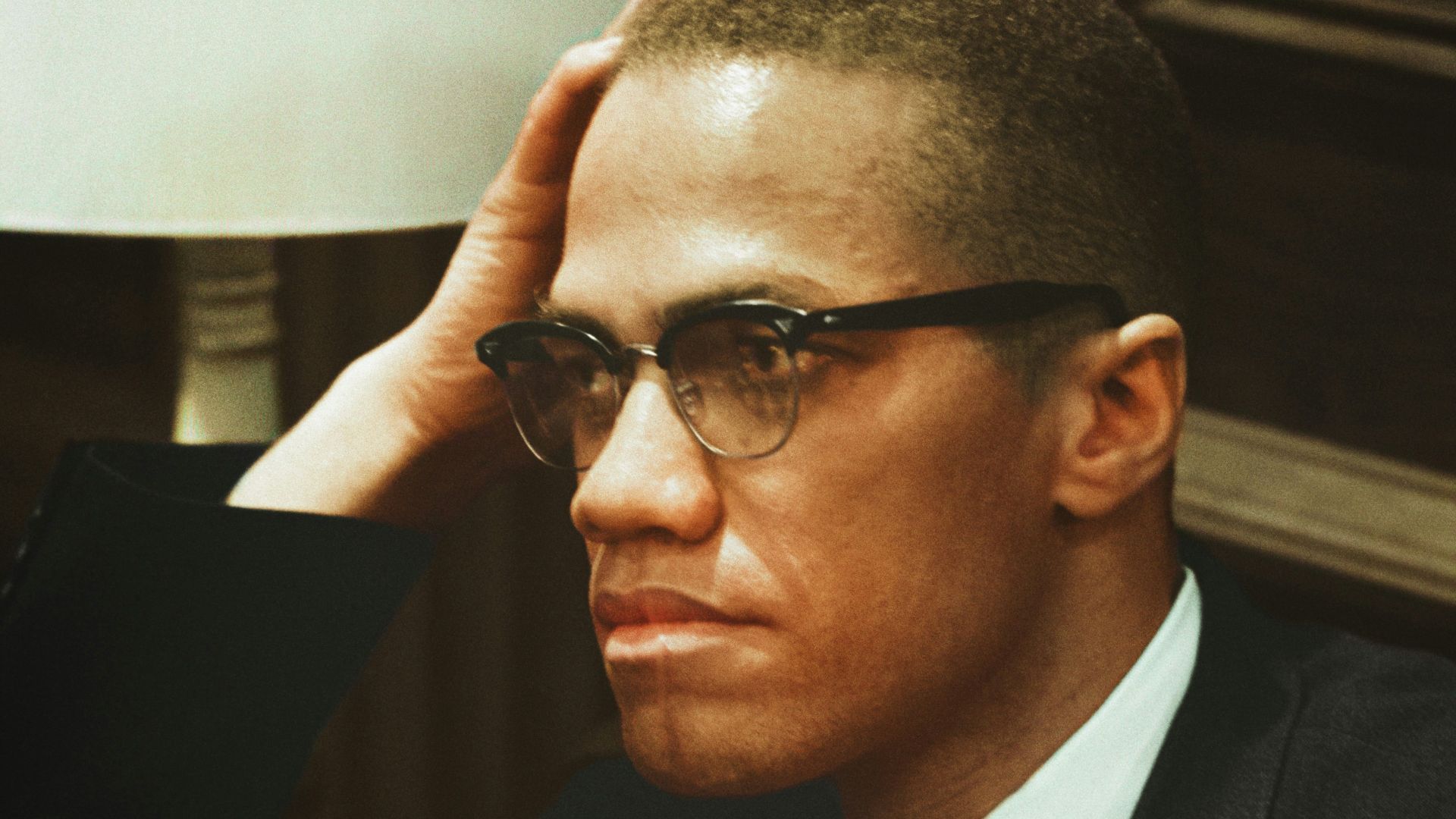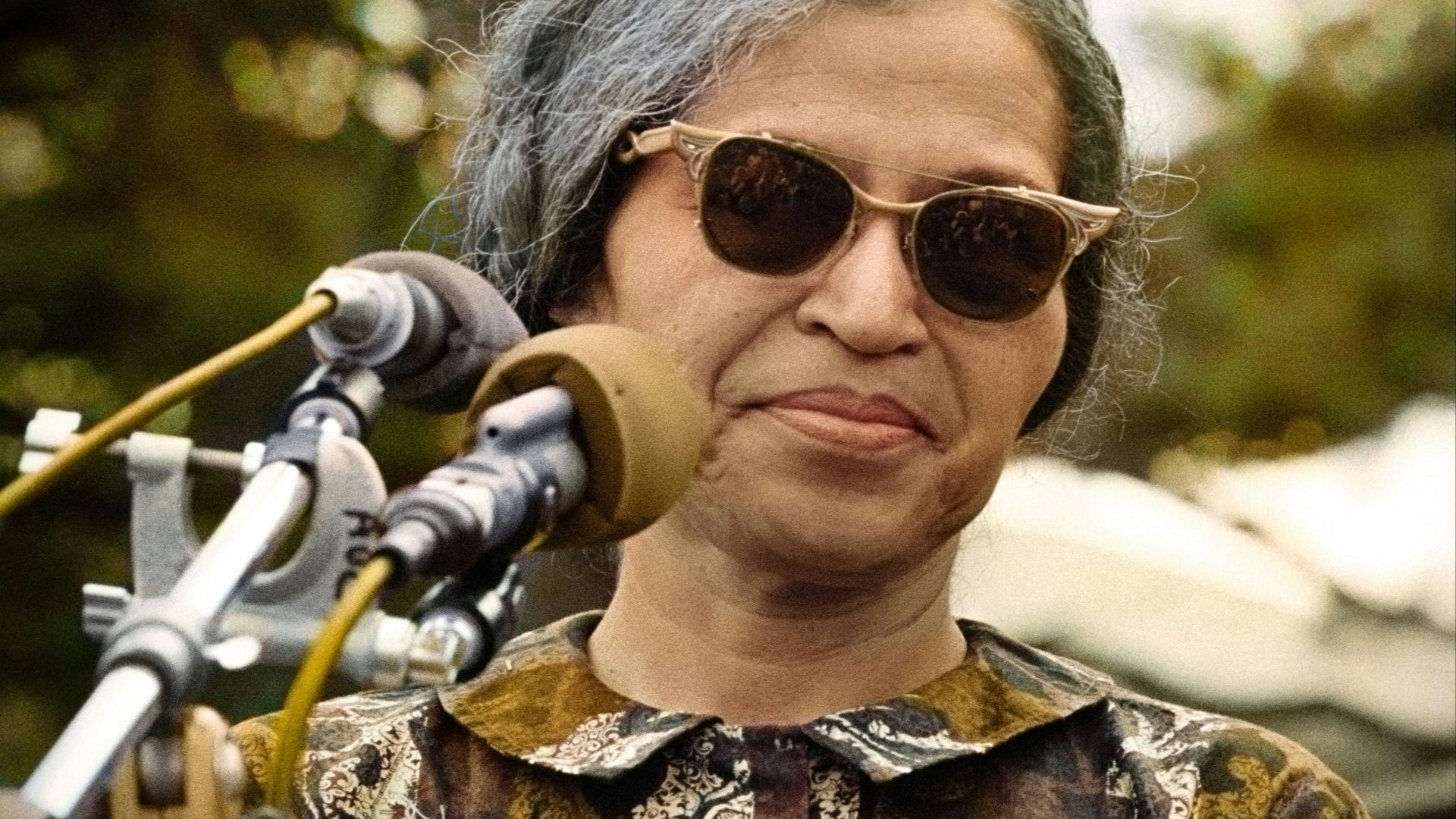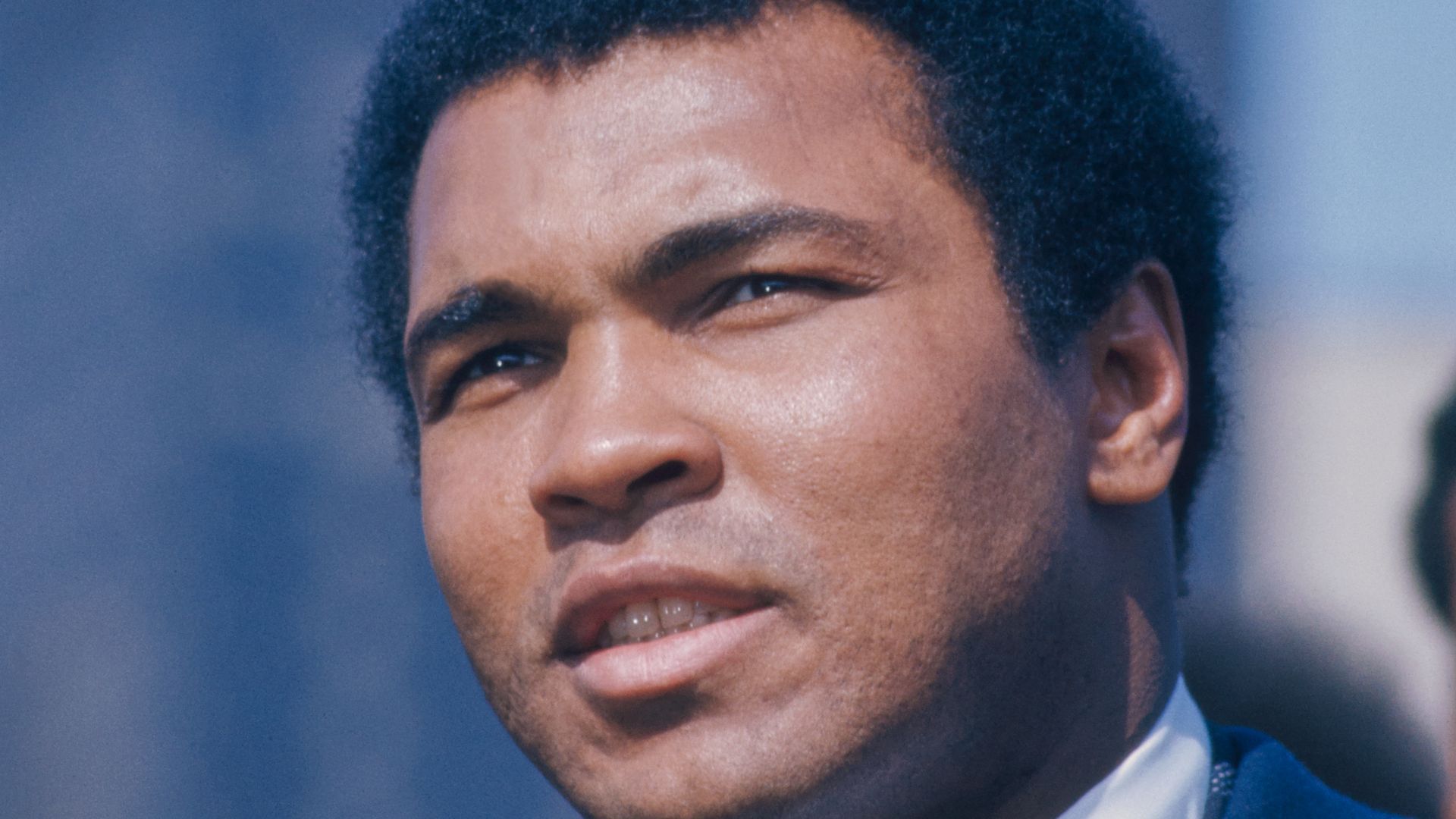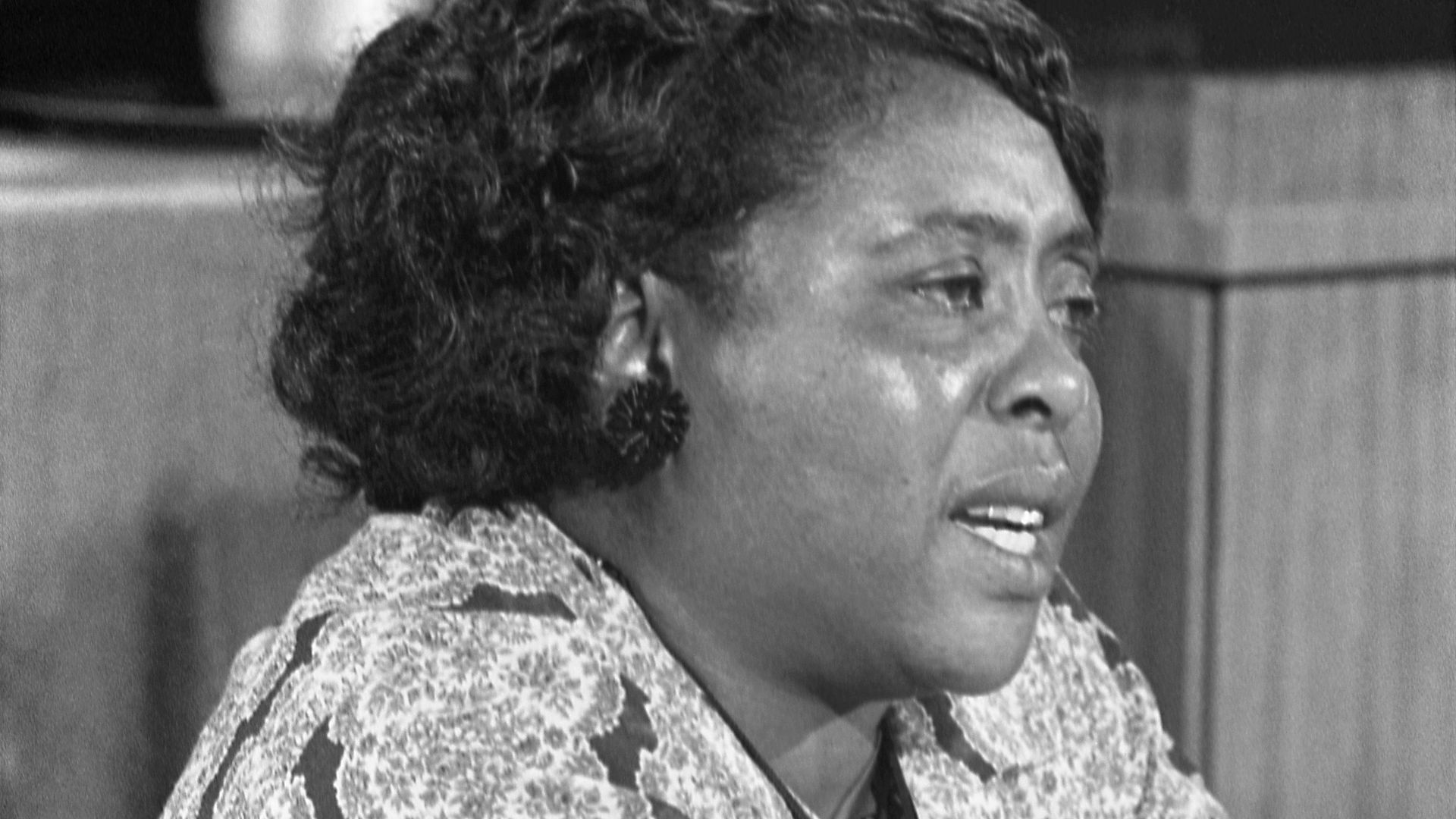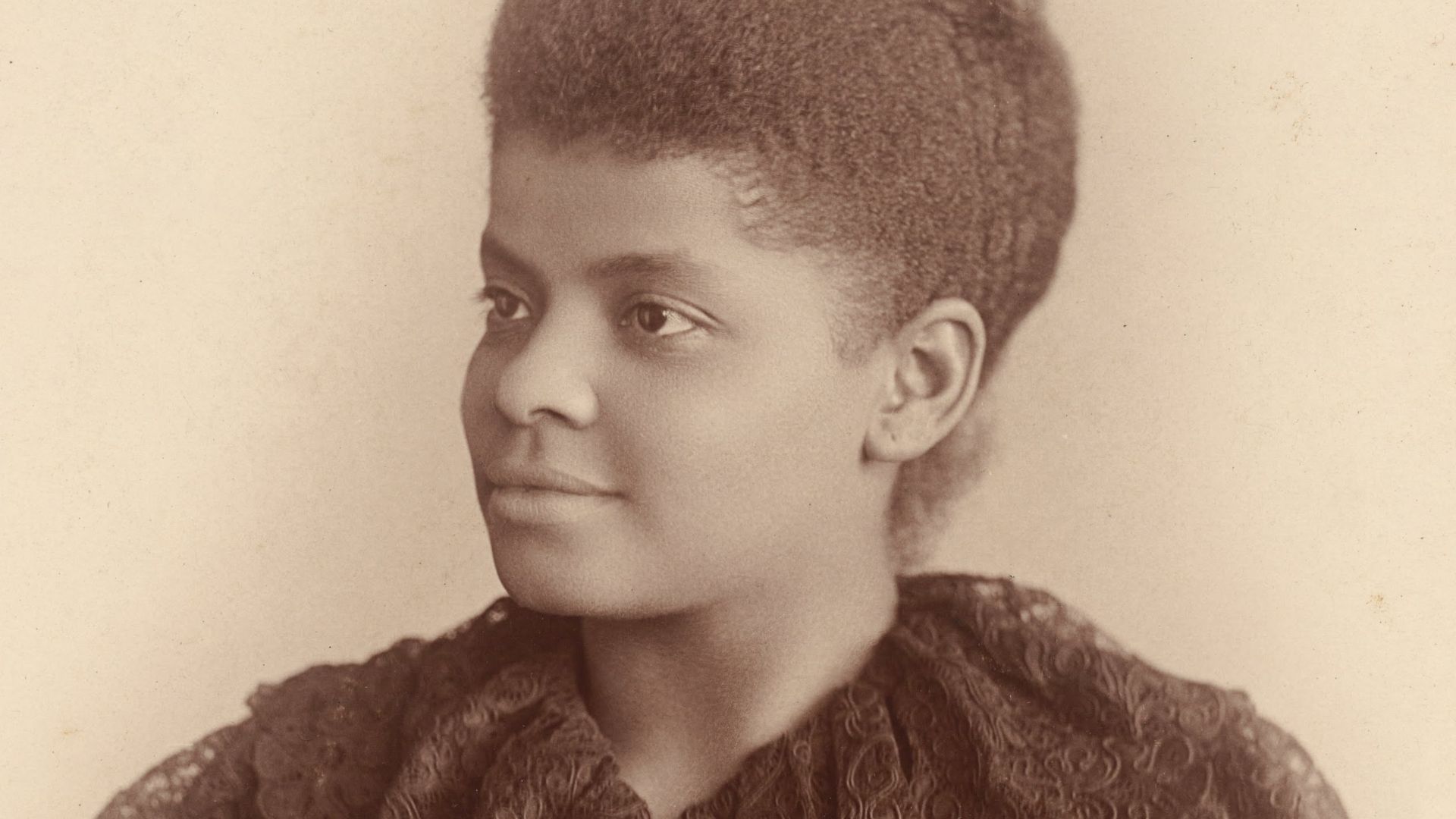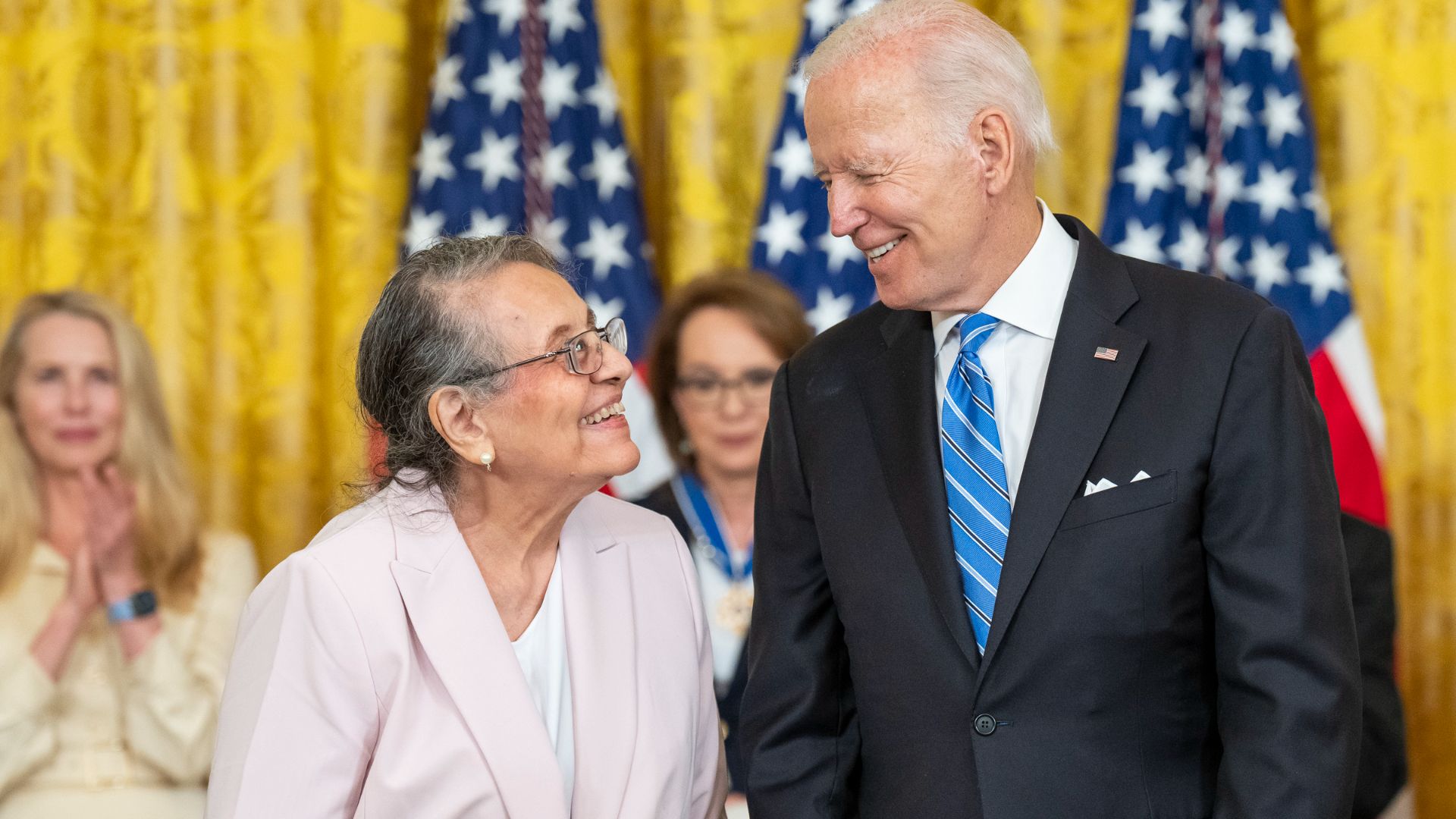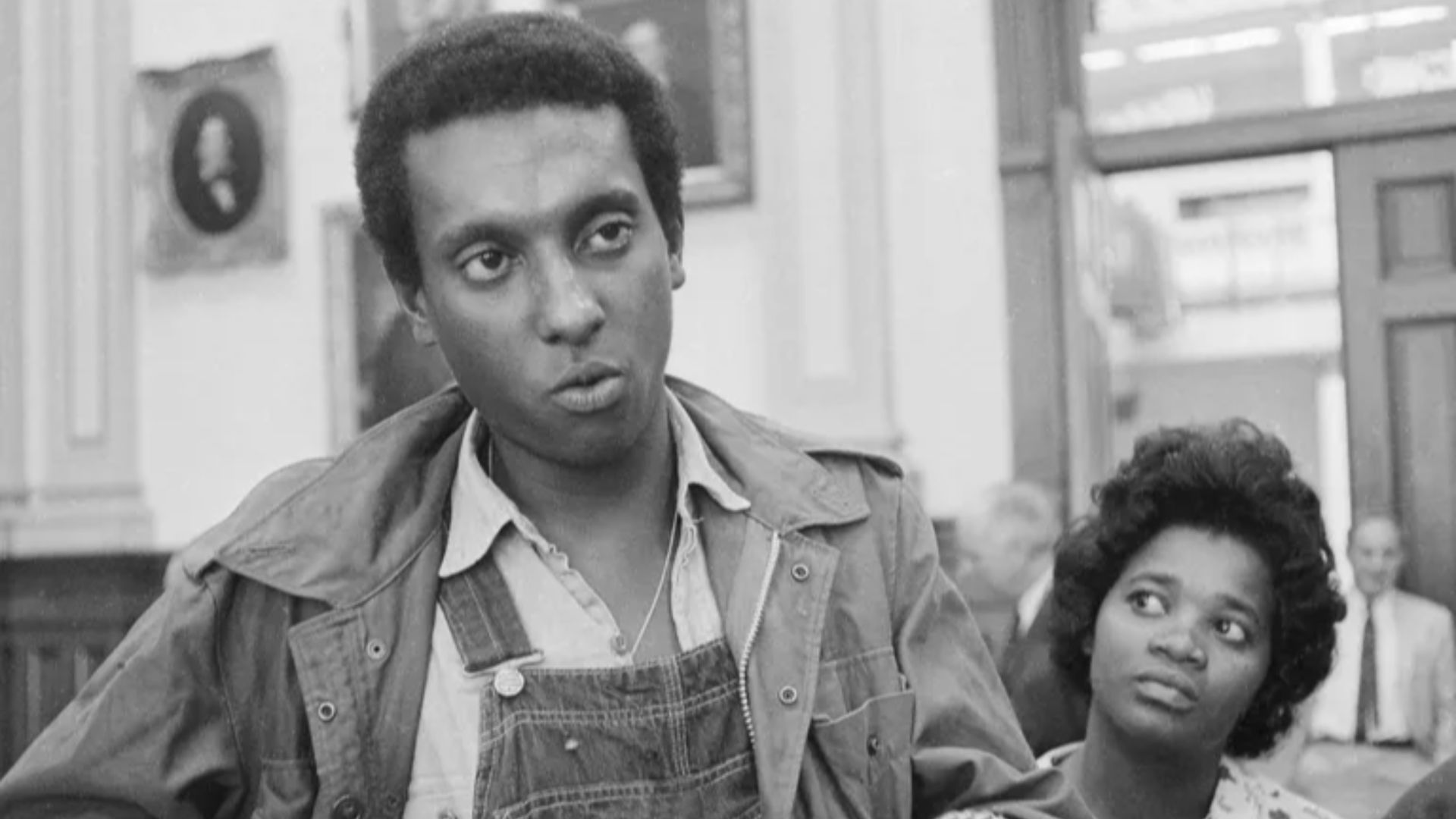We Have These Men & Women To Thank
The 13th Amendment abolished slavery in the US in 1865; however, for African Americans, that was only the beginning of the battle for equality. Less than 100 years ago, Black people in America were systematically being oppressed for the color of their skin. It took people with immense bravery, vision, and belief to make a change, some of whom paid with their lives. Here are the 20 most important figures of the civil rights movement who fought tirelessly for equality, justice, and peace in the USA.
1. Martin Luther King Jr.
When the civil rights movement is mentioned, the name on everyone's mind is Martin Luther King Jr. He's known for his nonviolent approach, his role in organizing the March on Washington which attracted over 250,000 people, and his epic "I Have A Dream" speech.
2. Malcolm X
Malcolm X was one of the most important figures in the civil rights movement and the Black nationalist movement. He emphasized Black determinism, self-defense, pride in African heritage, and economic independence.
3. Rosa Parks
"The mother of the civil rights movement," Rosa Parks refused to give up her bus seat to a white patron. Her arrest and subsequent conviction sparked a year-long bus boycott organized by Martin Luther King Jr. which ended in a Supreme Court decision naming the city's segregation laws unconstitutional.
4. Thurgood Marshall
Thurgood Marshall was a civil rights lawyer who used the courts to dismantle state-sponsored segregation. He became the first African-American Supreme Court Justice.
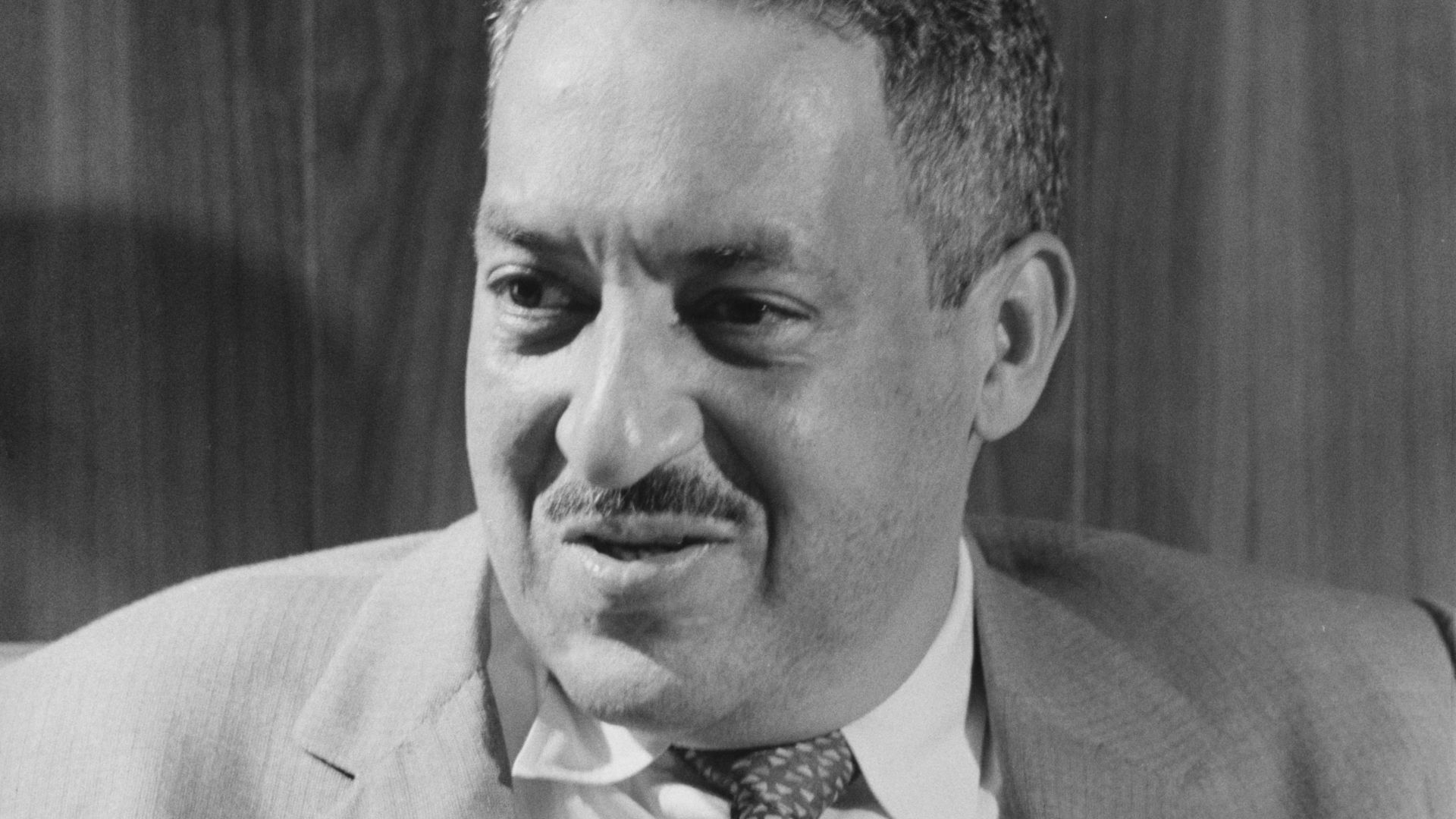 Thomas J. O'Halloran, U.S. News & World Report Magazine on Wikimedia
Thomas J. O'Halloran, U.S. News & World Report Magazine on Wikimedia
5. John Lewis
John Lewis was a civil rights activist and later congressman. He led a march from Selma to Montgomery that ended in violence, prompting President LBJ to sign the Voting Rights Act of 1965.
6. Andrew Young
Martin Luther King Jr.'s close associate, Andrew Young was the strategist behind many of the major protests. He also helped draft the Civil Rights Act of 1964 and the Voting Rights Act of 1965.
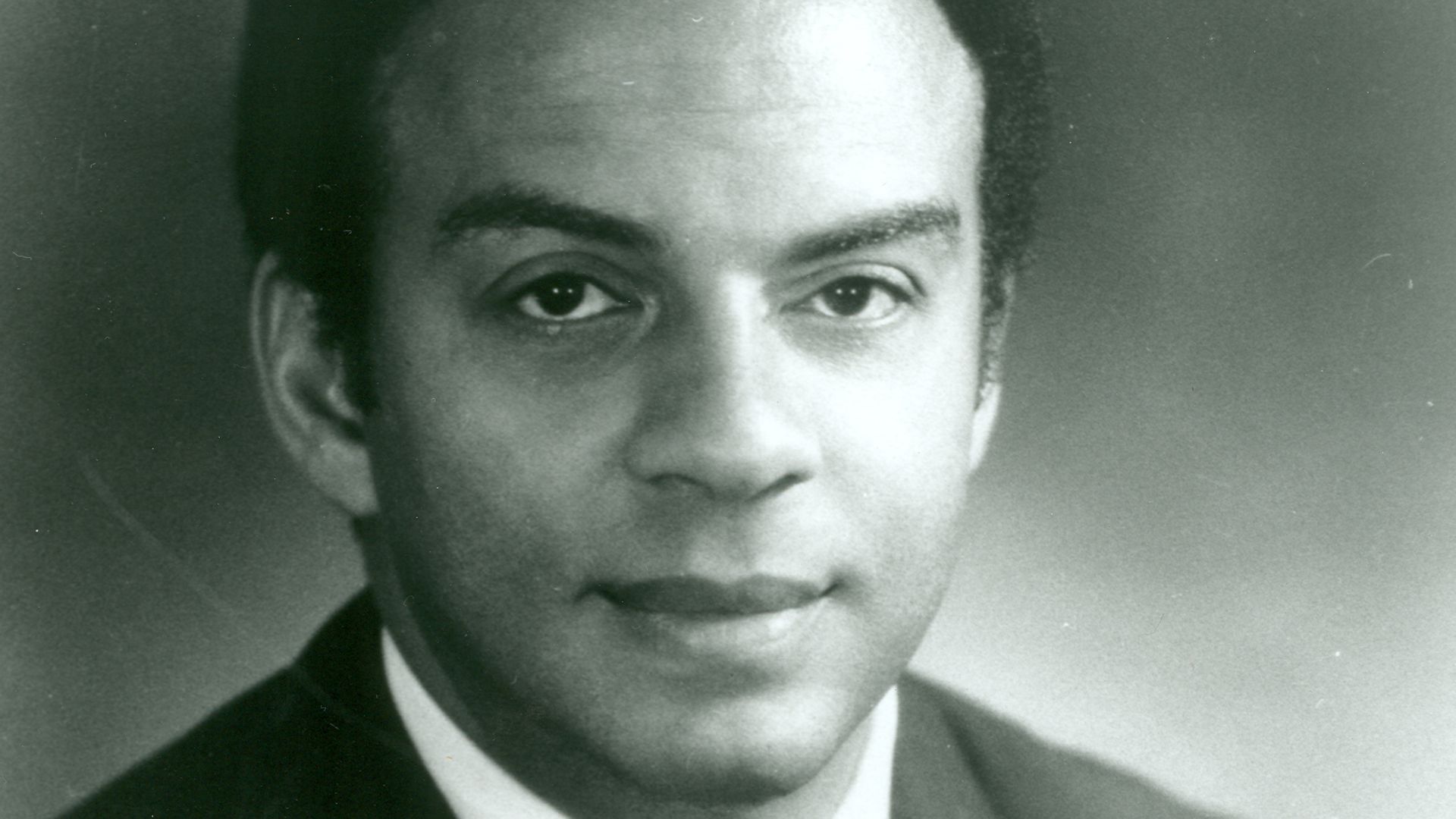 National Archives and Records Administration on Wikimedia
National Archives and Records Administration on Wikimedia
7. Jo Ann Robinson
Jo Ann Robinson was one of the most instrumental figures in planning, publicizing, and sustaining the Montgomery Bus Boycott which ultimately led to the desegregation of the bus system. She was an educator and president of the Women's Political Council in Montgomery, Alabama.
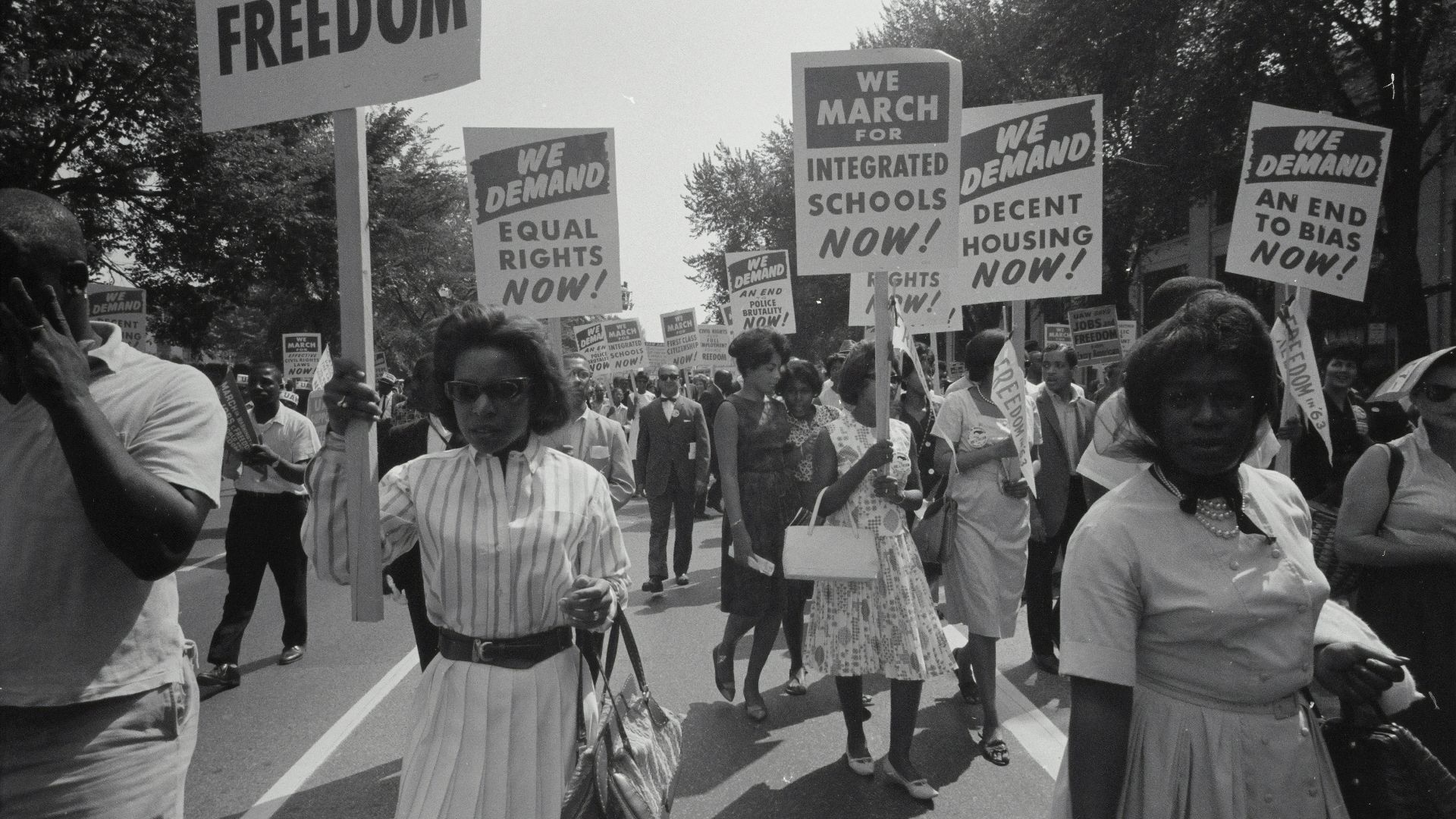 Library of Congress on Unsplash
Library of Congress on Unsplash
8. Ella Baker
Ella Baker was a grassroots activist who helped create the African-American civil rights organization SCLC. She also encouraged students to form the SNCC which mobilized young activists for nonviolent protests.
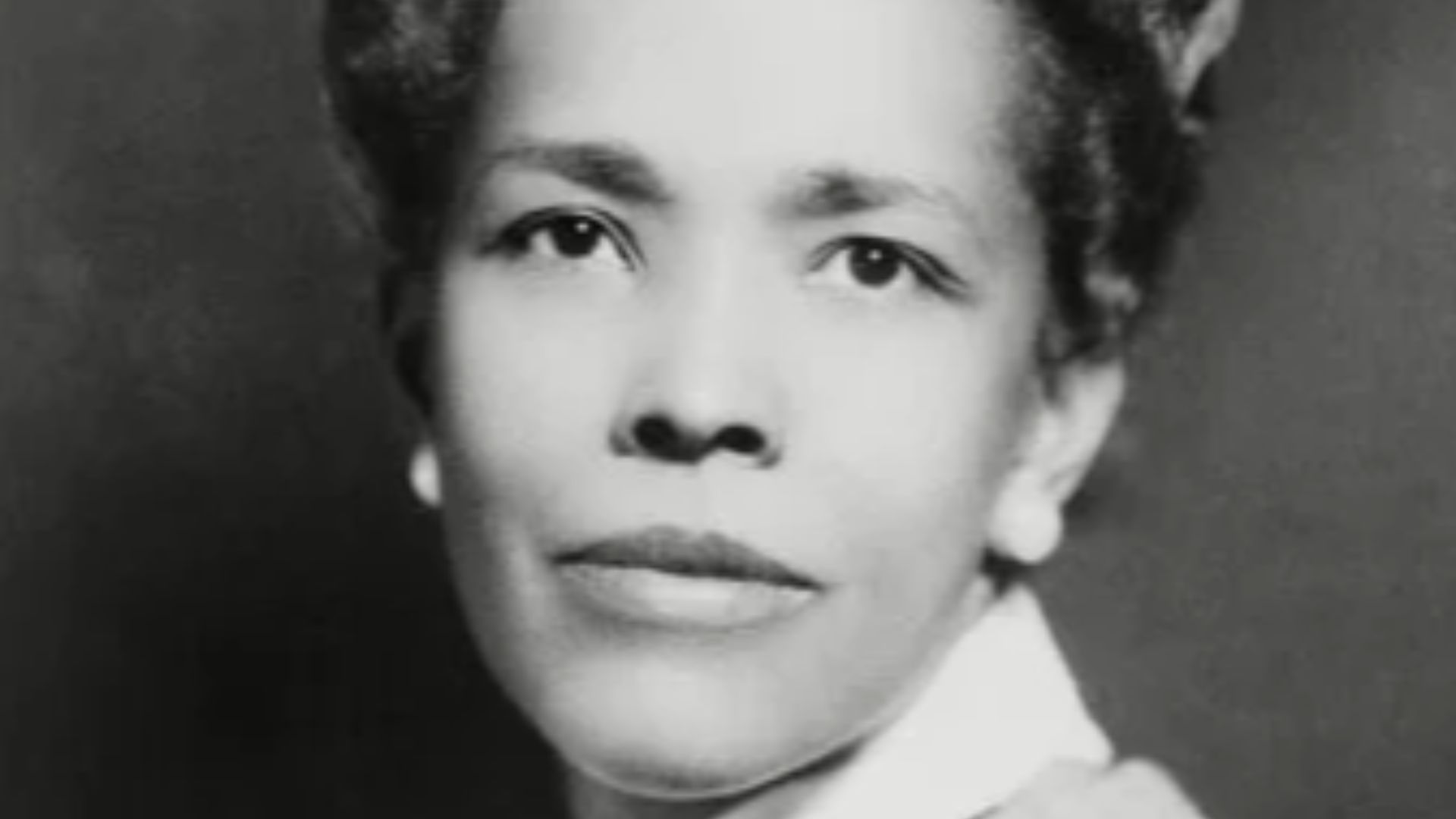 AnonymousUnknown author on Wikimedia
AnonymousUnknown author on Wikimedia
9. Muhammad Ali
In addition to being a legendary boxer, Muhammad Ali used his platform to advocate for racial justice and Black pride. His activism earned him the Liberty Medal.
10. Fannie Lou Hamer
Fannie Lou Hamer was an advocate for voting rights who helped organize Freedom Summer in which hundreds of students helped African Americans register to vote in the South. She was also co-founder of the Mississippi Freedom Democratic Party.
11. Ida B. Wells
Ida B. Wells was an investigative journalist who campaigned for anti-lynching legislation. She also successfully sued a train company for making her give up her seat.
12. Fred Shuttlesworth
Fred Shuttlesworth was the co-founder of the SCLC, the organization that coordinated many protests and campaigns in the South. He also led the Birmingham protests, a series of demonstrations held to challenge segregation in Birmingham, Alabama.
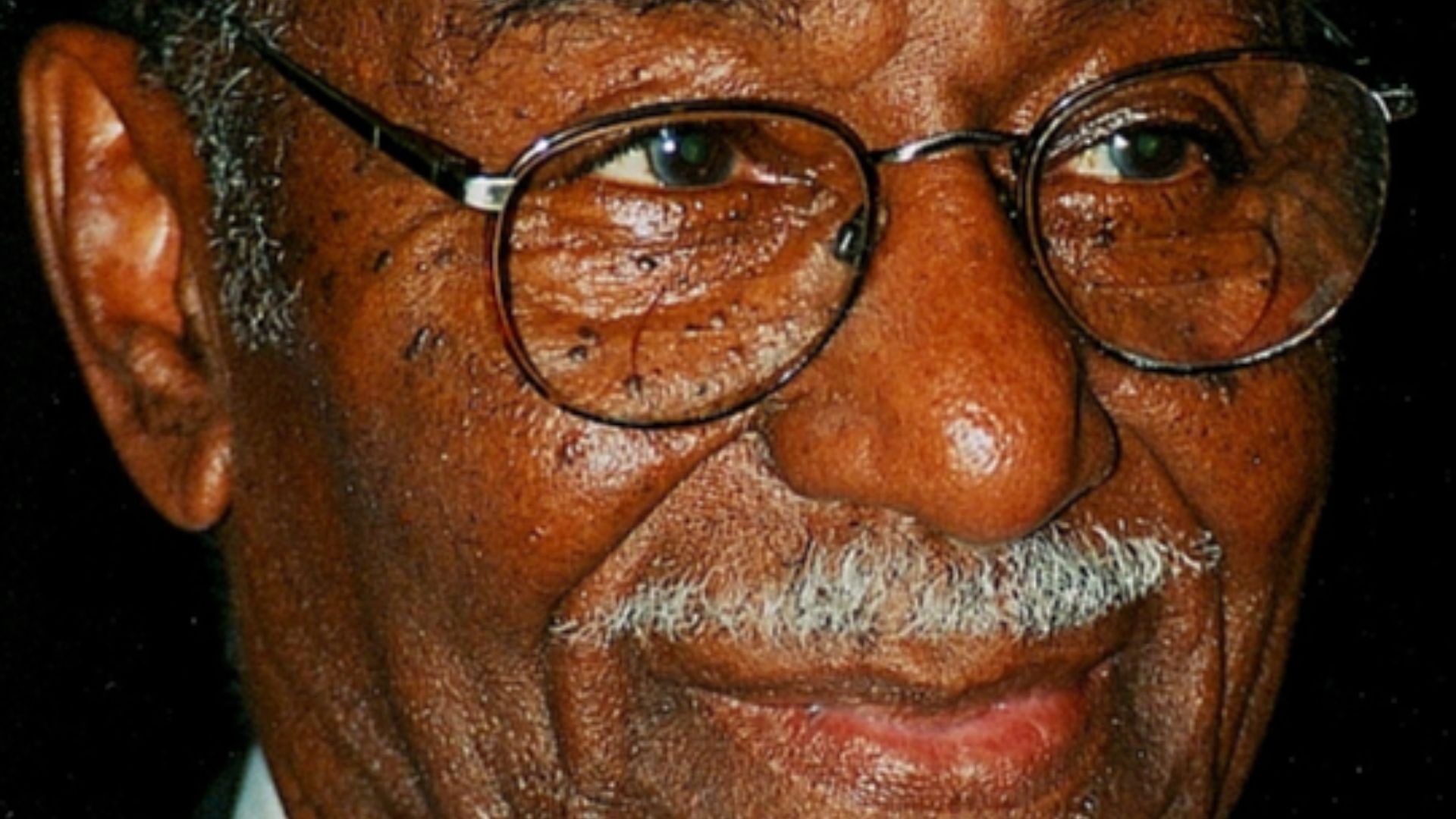 Kingkongphoto & www.celebrity-photos.com from Laurel Maryland, USA on Wikimedia
Kingkongphoto & www.celebrity-photos.com from Laurel Maryland, USA on Wikimedia
13. James Farmer
James Farmer was the co-founder of the Congress of Racial Equality which coordinated the freedom rides. He also organized the country's first rights sit-in.
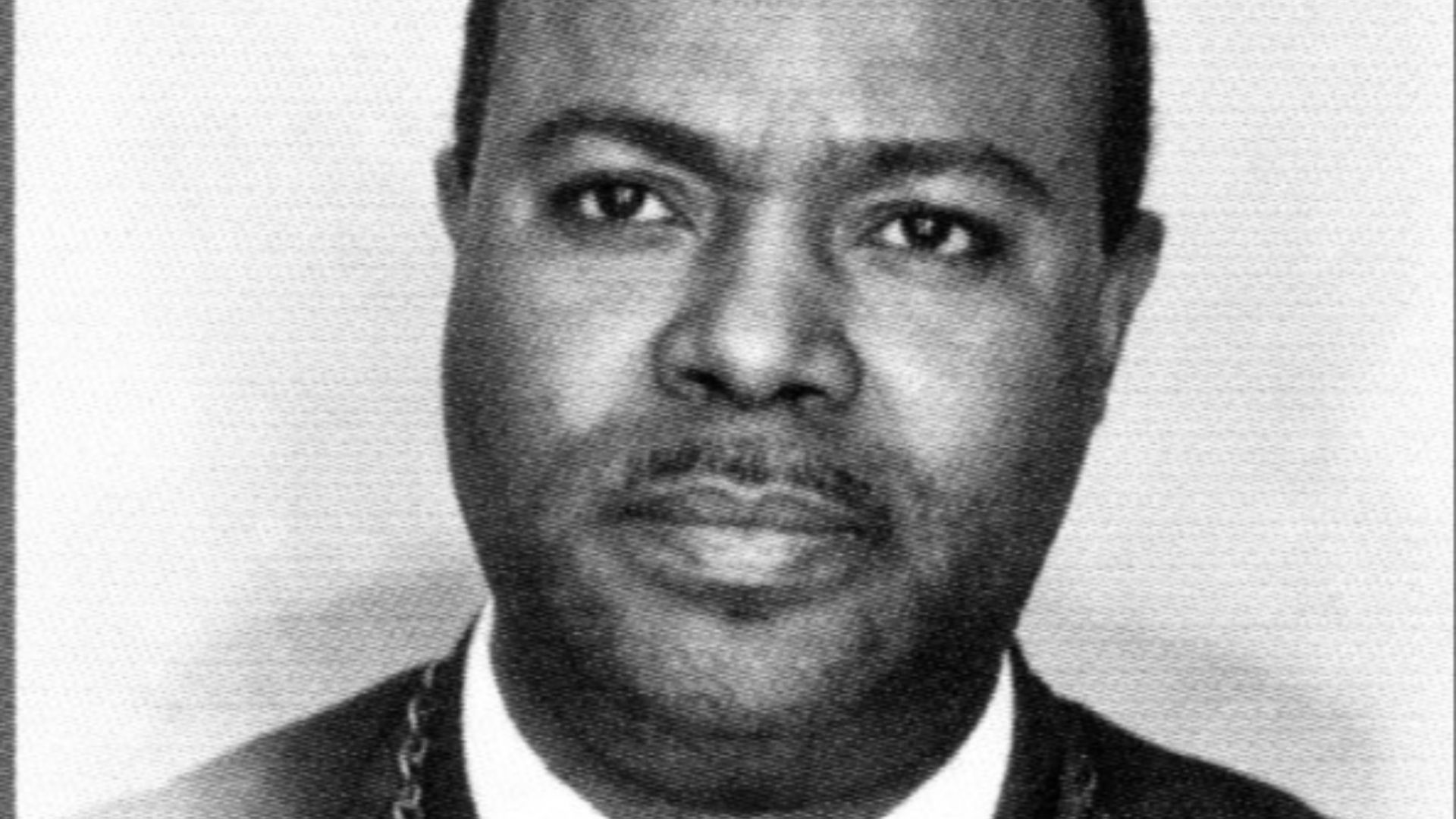 Jackson Mississippi Police Department on Wikimedia
Jackson Mississippi Police Department on Wikimedia
14. A. Philip Randolph
A. Philip Randolph was a labor organizer and political strategist. He was the chief organizer of the March on Washington which aimed to end employment discrimination.
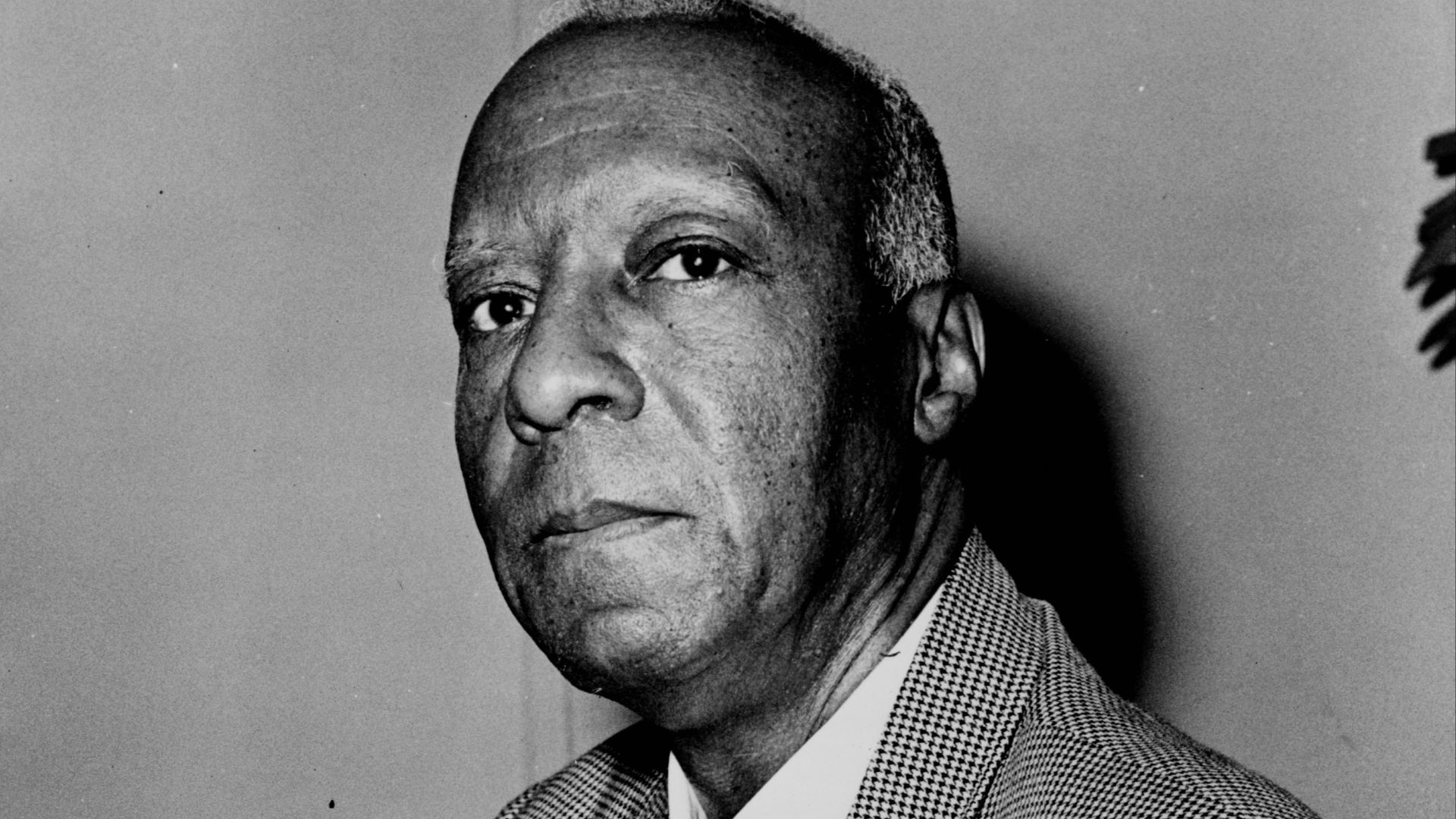 John Bottega, NYWTS staff photographer on Wikimedia
John Bottega, NYWTS staff photographer on Wikimedia
15. Hosea Williams
Hosea Williams was one of the foremost leaders of the March on Montgomery which later became known as "Bloody Sunday" after it became violent. He became president of the SCLC's Summer Community Organization and Political Education.
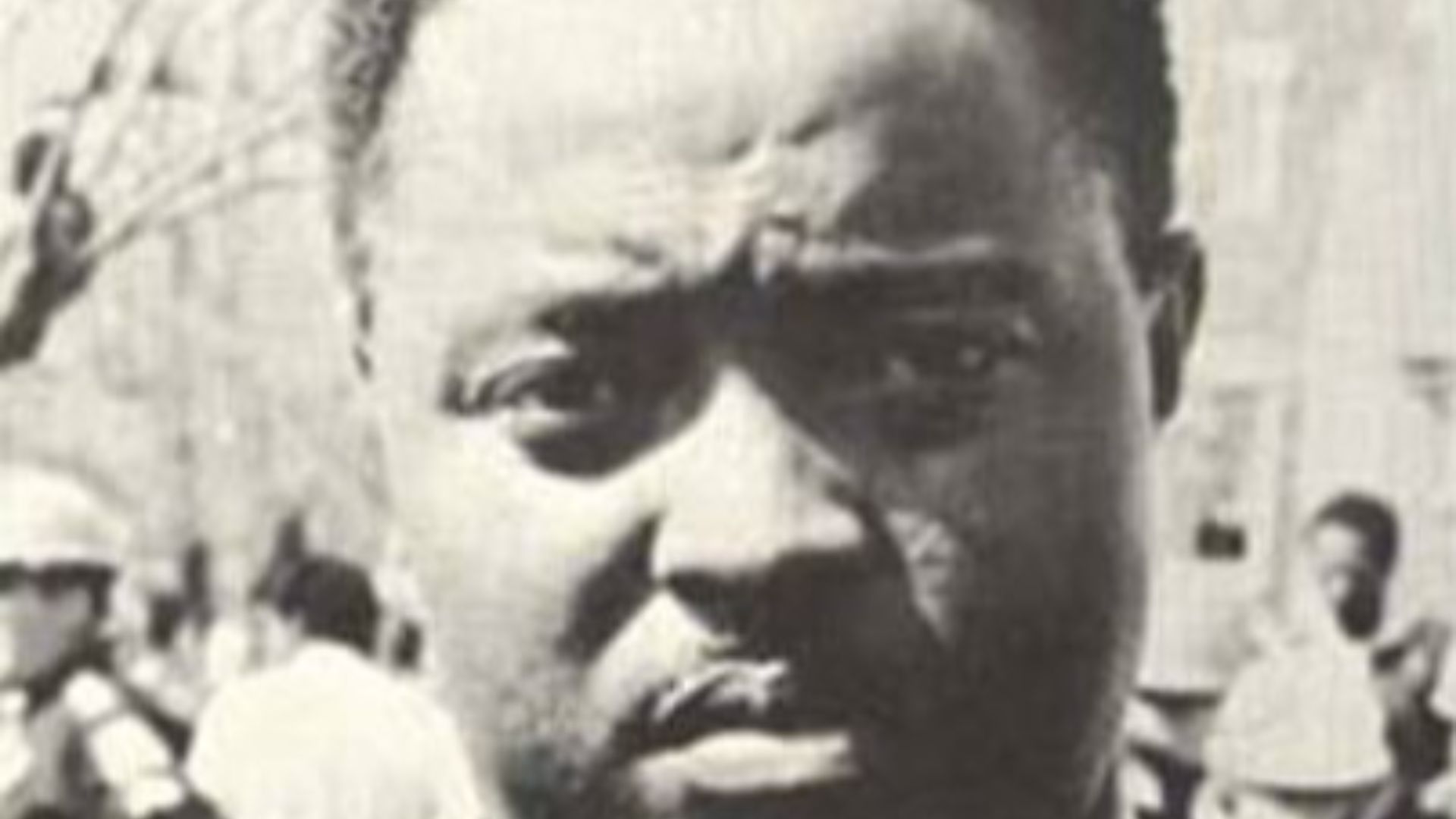 No claim is made in the original distribution on Wikimedia
No claim is made in the original distribution on Wikimedia
16. Roy Wilkins
Roy Wilkins was assistant secretary of the NAACP, which played a major role in some of the biggest civil rights victories including Brown v. Board of Education and the Civil Rights Act of 1964. Believing that the best way to achieve change is through legislation, he testified before Congress multiple times and consulted for many US presidents.
 Yoichi R. Okamoto, White House Press Office (WHPO) on Wikimedia
Yoichi R. Okamoto, White House Press Office (WHPO) on Wikimedia
17. Bayard Rustin
Bayard Rustin was a close advisor to Martin Luther King Jr. He was also the chief organizer of the 1963 March on Washington.
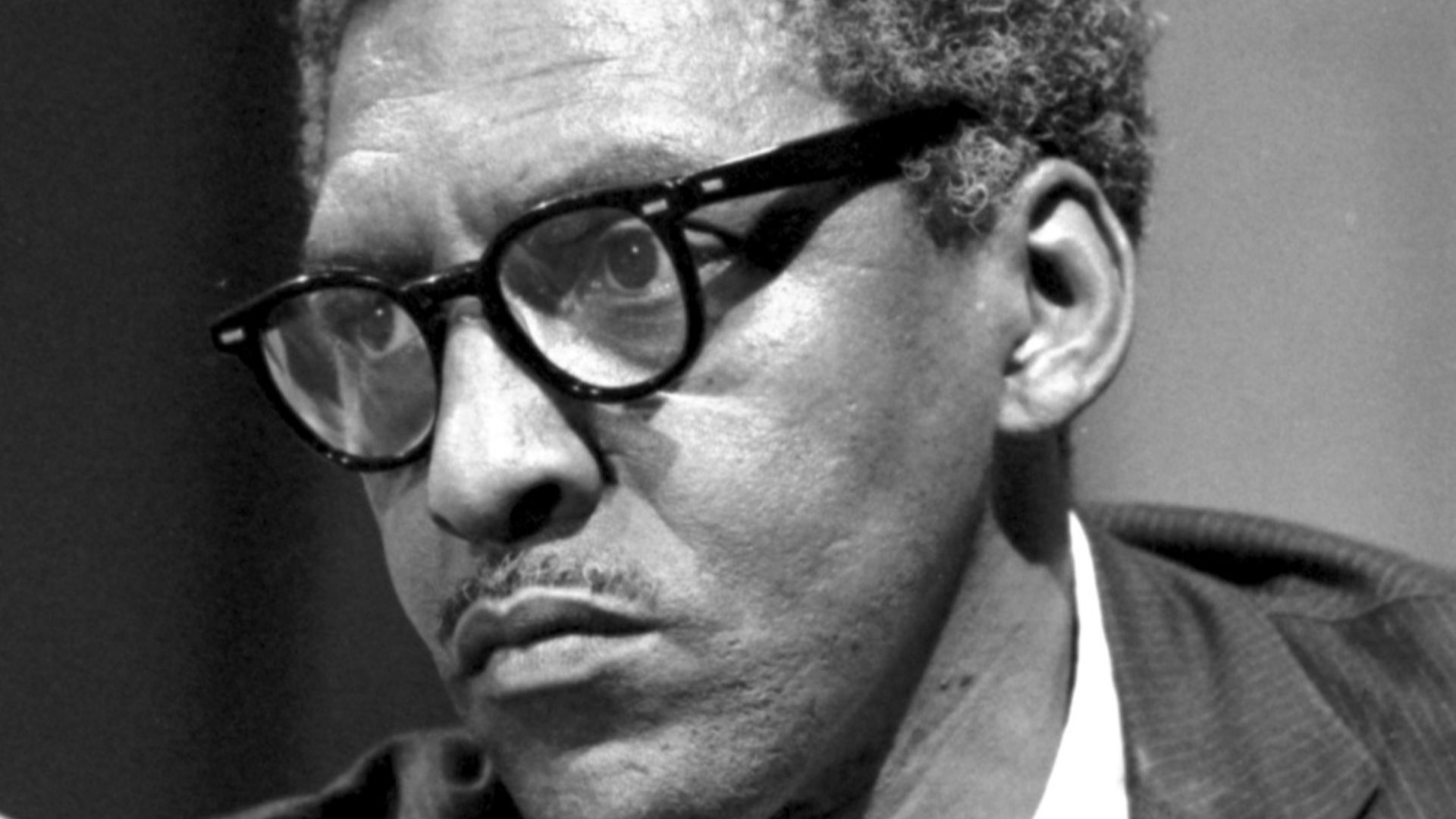 Leffler Warren K. on Wikimedia
Leffler Warren K. on Wikimedia
18. Diane Nash
Diane Nash was the leader of the Nashville Student Movement that organized a series of sit-ins. She also played a key role in sustaining the freedom rides into Mississippi.
19. Medgar Evers
Medgar Evers established an NAACP office in Jackson, Mississippi along with his wife. He was assassinated for his activism.
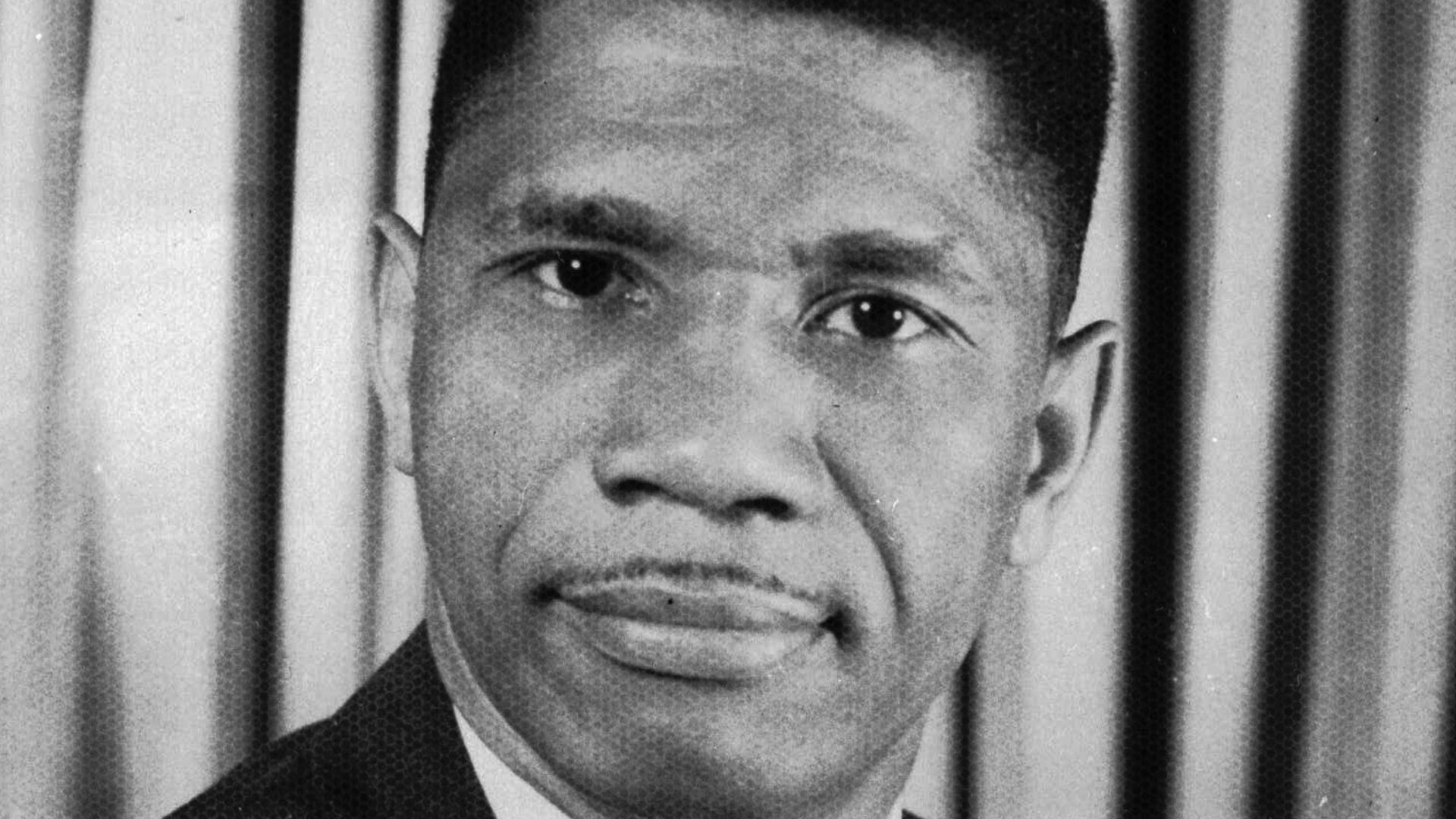 Unknown; distributed by AP on Wikimedia
Unknown; distributed by AP on Wikimedia
20. Stokely Carmichael (Kwame Ture)
Stokely Carmichael was leader and founder of the All-African People's Revolutionary Party, an organization aimed at uniting all African people worldwide. He was also a leader n the development of the Black Power movement.
KEEP ON READING

Was Caligula The Most Ruthless Roman Emperor?
Artur Matosyan on UnsplashRoman Emperor Caligula is one of ancient…
By Rob Shapiro Dec 18, 2025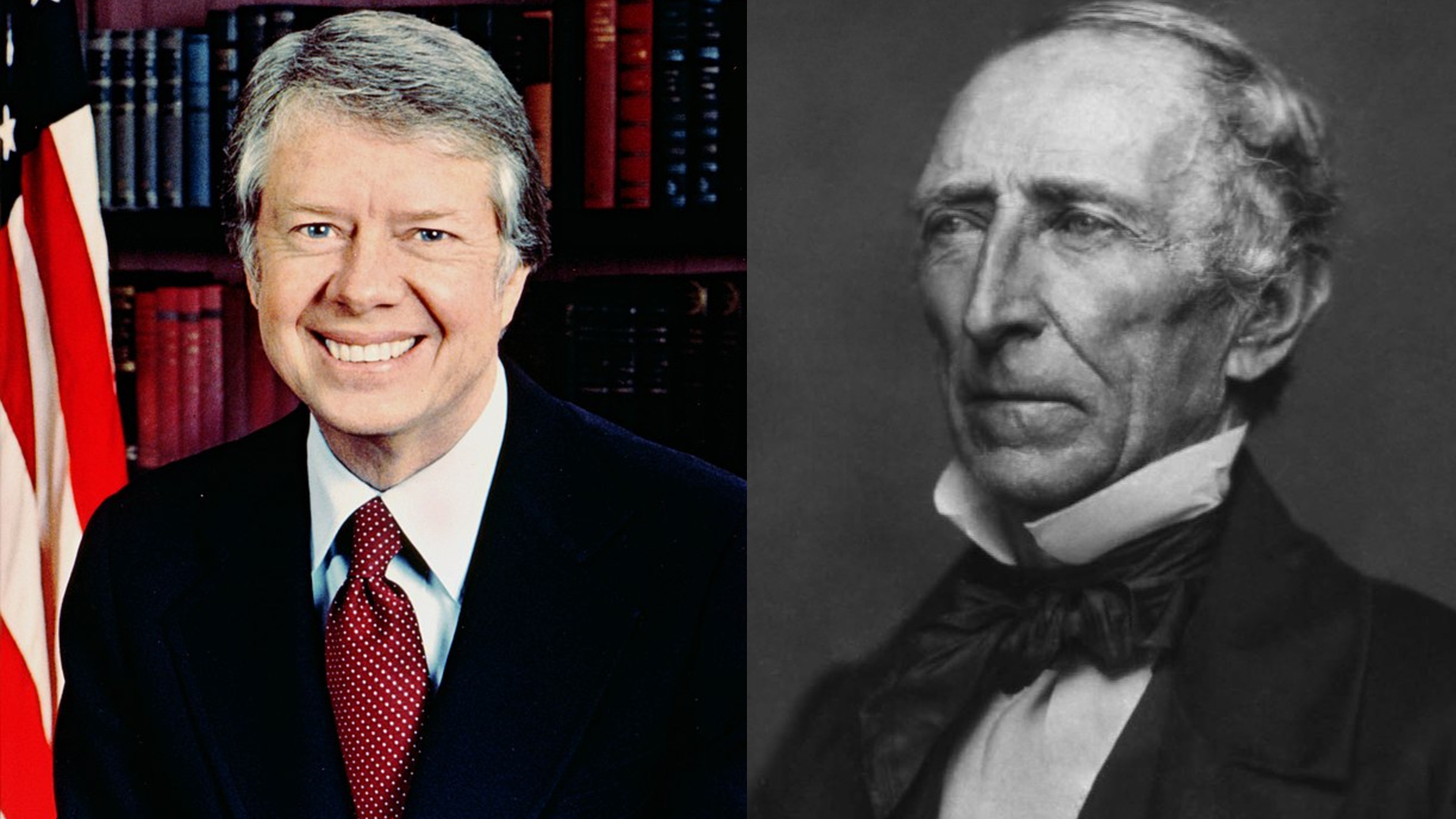
1 Weird Fact About Every President
Washington, Lincoln, FDR. Most people know something about the lives…
By Robbie Woods Dec 3, 2024
10 Actors Who Perfectly Played a Historical Figure & 10…
Which Performance is Your Favorite?. Playing the role of a…
By Rob Shapiro Sep 15, 2025
10 Actors Who Perfectly Played a Historical Figure & 10…
Portraying a real person from history is one of the…
By Noone Dec 17, 2025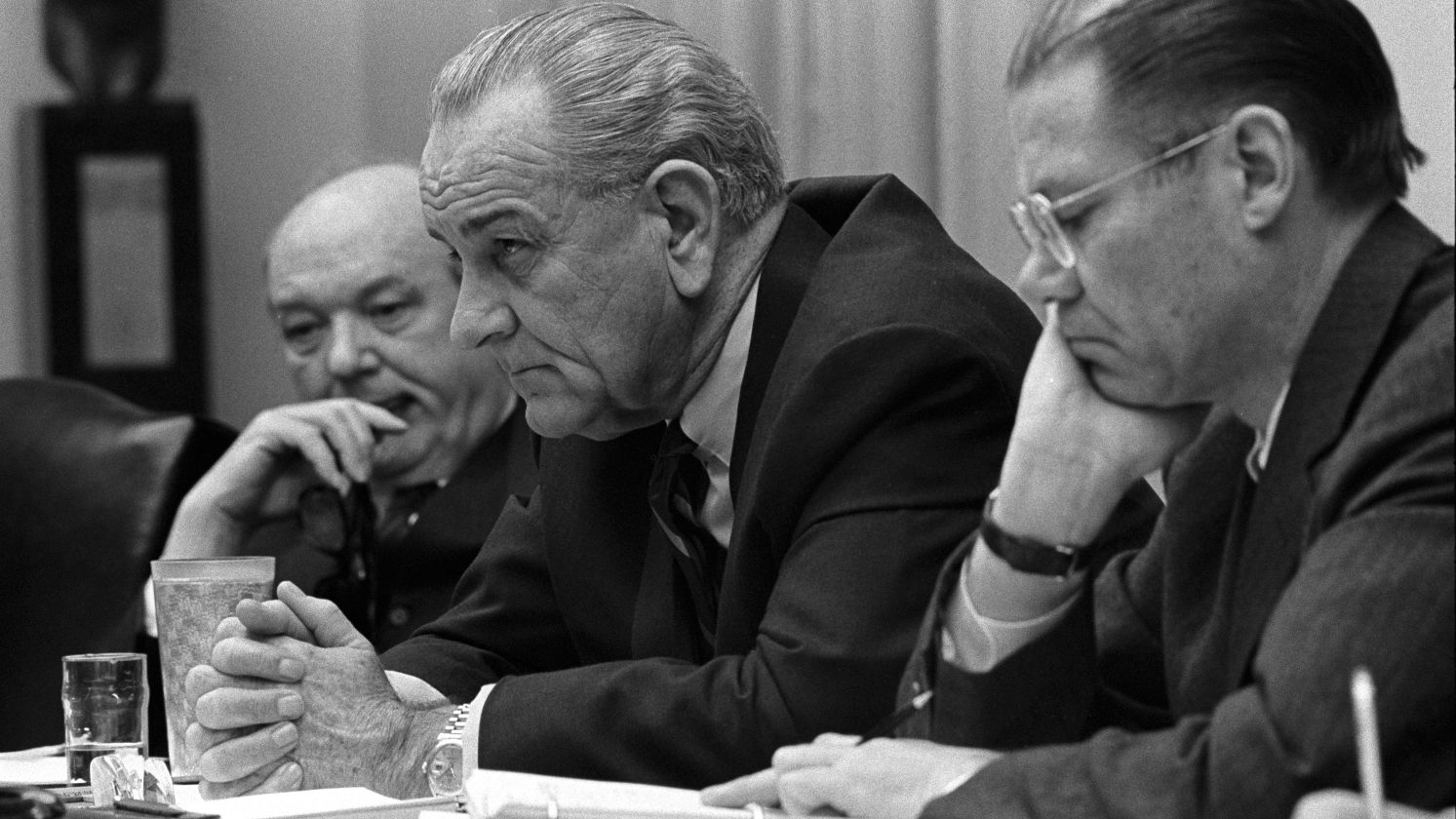
10 Actors Who Weren't Up To Playing A U.S. President…
Who Wouldn't Vote Woody Harrelson for President?. Actors who sign…
By Rob Shapiro Oct 22, 2025
10 Amazing Facts About Claude Monet & 10 Of His…
The Man Behind The Masterpieces. Claude Monet's name sits comfortably…
By David Davidovic Jan 30, 2026

